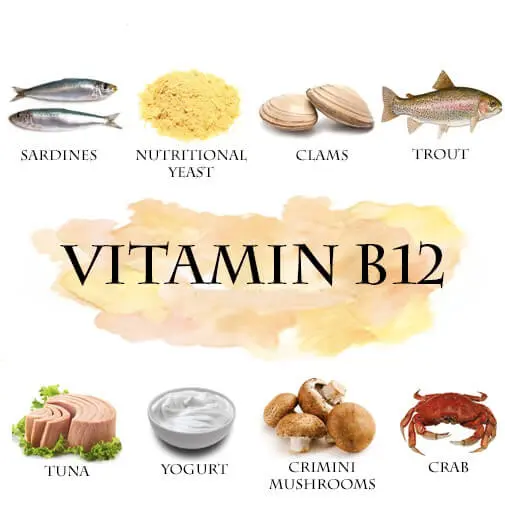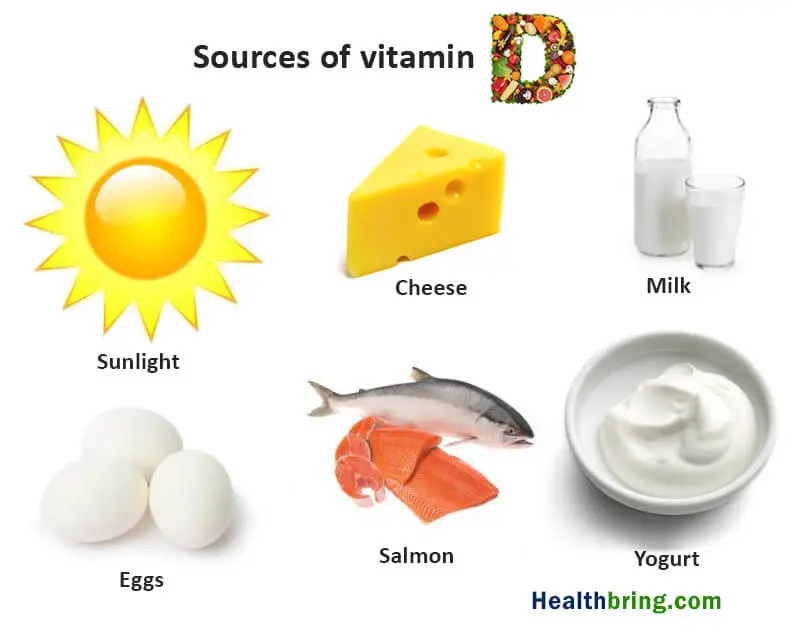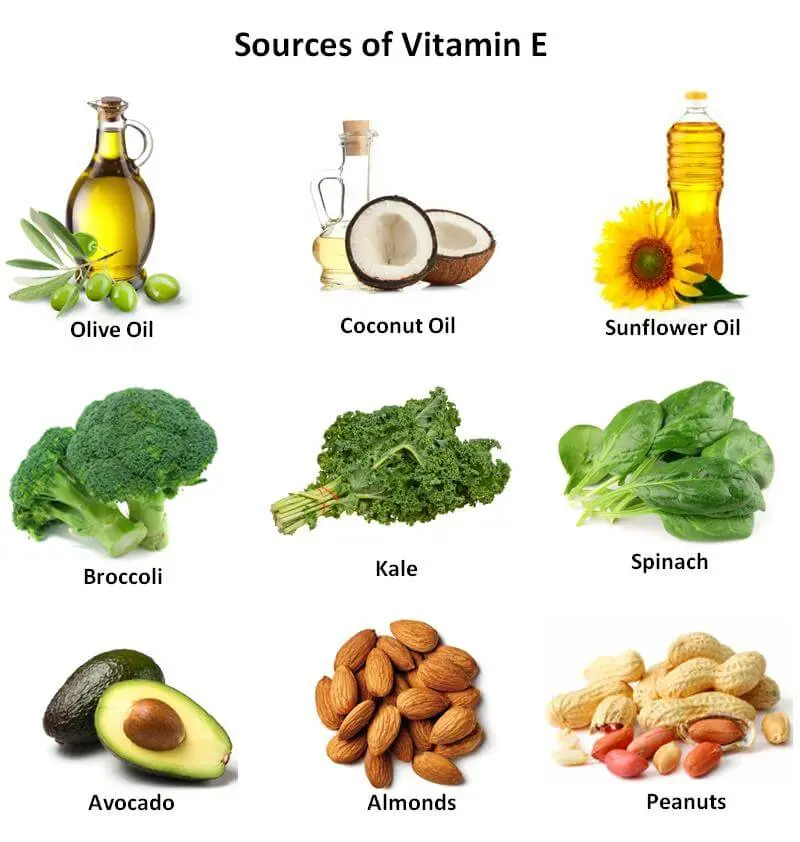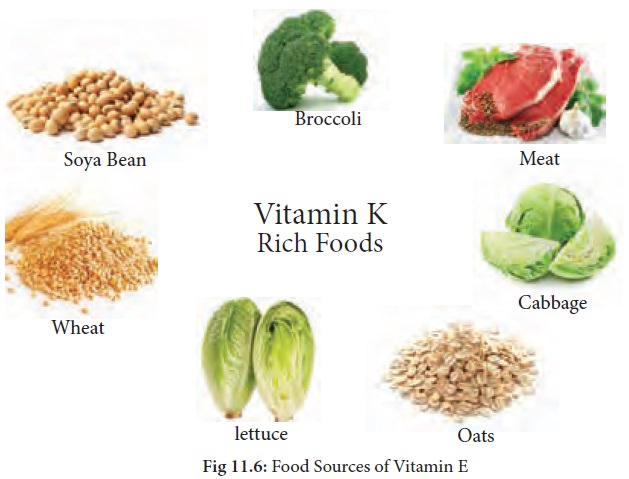

wordpress-seo domain was triggered too early. This is usually an indicator for some code in the plugin or theme running too early. Translations should be loaded at the init action or later. Please see Debugging in WordPress for more information. (This message was added in version 6.7.0.) in /home/sehatnagar.com/public_html/wp-includes/functions.php on line 6114
Vitamins are essential nutrients that enable your body to work properly and to stay healthy. Most vitamins are in your food, or you can get them from vitamin supplements so, learn what are Essential Vitamins for Improved Performance along with their roles, and how to check for vitamin deficiencies.
Vitamins are vital for your health because they perform hundreds of roles. Vitamins are essential for bodily functions such as:
Eating nourishing foods rich in certain vitamins can help your immune system fight off illness but Vitamins can also cause toxicity if consumed in large amounts. You can check your vitamin levels with a vitamin blood test.
There’s a wide range of vitamins, with most of them having multiple functions. Essential Vitamins for Improved Performance are:
Vitamin A is an infection-fighter. In addition, It helps your body’s natural defense against illness and infection (the immune system) work properly. It is important for the growth of all body tissues, including skin and hair too. It contributes to the production of sebum, oil that helps maintain proper moisture levels for the hair and skin.

It is needed to help our cells grow and multiply, which makes it a key vitamin in periods of rapid growth and development, such as pregnancy and infancy. Folate and vitamin B12 share many functions in the body. For example, they both work together to create our genetic material (DNA), form healthy red blood cells and support the normal functioning of our brain and nervous system.
The body needs vitamin B12 for the healthy function of the brain and nervous system, the formation of red blood cells, and other critical processes. Furthermore, It promotes growth and increases appetite. Moreover, it improves metabolism.

Ascorbic acid or Vitamin C aids in the growth, development, and repair of body tissues. It is important in preventing infections, proper functioning of the immune system, wound healing, and the maintenance of cartilage, bones, and teeth. Moreover, It has antiviral, anti-inflammatory, and antioxidant properties. When a person is subjected to physiological stress, decreased levels of Vitamin C are observed in the blood. It has been found that the risk of pneumonia is significantly reduced with Vitamin C supplementation.

Vitamin D helps regulate the immune system and the neuromuscular system. It also plays a major role in the life cycle of human cells. Vitamin D is so important that your body makes it by itself but only after skin exposure to sufficient sunlight. It is among the four fat-soluble vitamins and the best immune booster vitamins that the body needs. Additionally, it helps fight respiratory infections.

Vitamin E is an antioxidant. It helps form red blood cells and widen blood vessels to keep blood from clotting inside them. It also helps the body use vitamin K. Cells also use vitamin E to interact with each other. The body needs vitamin E to help keep the immune system strong against viruses and bacteria. It particularly improves vision and cell health. It also maintains the reproductive system and repairs skin.

This Vitamin plays a role in blood clotting, bone metabolism, and regulating blood calcium levels. The body needs vitamin K to produce prothrombin, a protein, and clotting factor that is important in blood clotting and bone metabolism. Hence Vitamin K prevents excessive bleeding.

While vitamins and supplements can help fill in the gaps in your diet, the best way to load up on essential nutrients is to get them straight from food.Your body absorbs and uses vitamins and nutrients better when they come from a dietary source.
Some supplements may have side effects, especially if taken before surgery or with other medicines. Supplements can also cause problems if you have certain health conditions. And the effects of many supplements haven’t been tested in children, pregnant women and other groups.
